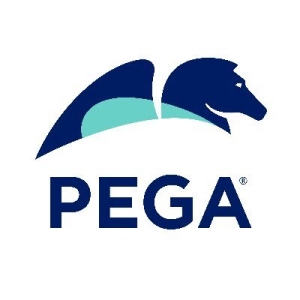Service and Support
Pega CRM users find customer service and support highly efficient and responsive. They rate technical support positively, noting proactive involvement and easy communication with global teams. Users appreciate quick responses via the portal, consistent support, and access to a dedicated architect. Despite occasional time-consuming resolution processes, support for Pega Cloud infrastructure is robust. Weekly calls address ongoing issues efficiently, and upgrades are managed smoothly, ensuring minimal disruptions for their applications.
Deployment
Pega CRM's initial setup is less cumbersome with cloud use and easier deployments via Pega Deployment Manager. It is straightforward, though requires a system or DevOps team for pipeline setup. App Studio simplifies application building, enabling business analysts to work on cases and UI without technical knowledge. Configuration and data setup are critical, with a three to four-month timeline for a minimum viable product. Deployment is quick, often taking less than an hour.
Scalability
Pega CRM is recognized for its scalability through adherence to best practices. Users mention deploying more servers as needed, benefiting from a Java-based system. The scalability rating varies, with some noting good performance even under significant user load, while others find manual server adjustments necessary. Overall ratings differ slightly, but the general consensus is that Pega CRM effectively handles diverse scenarios, though it may offer fewer features compared to similar platforms.
Stability
Pega CRM is generally stable, receiving ratings between seven and eight out of ten. Challenges arise occasionally, such as during secure site development and integration creation, but improvements in newer versions are noted. It is valued for its global support, though some sluggishness is reported in the United States. Factors like customer acceptance, usability, and intelligence influence stability perceptions, showing both positives and negatives.




